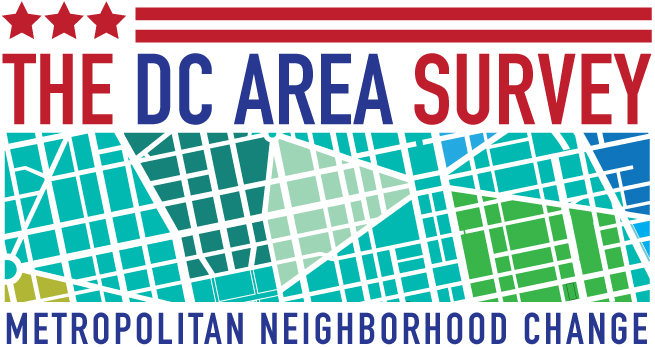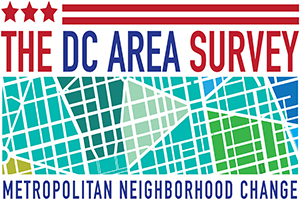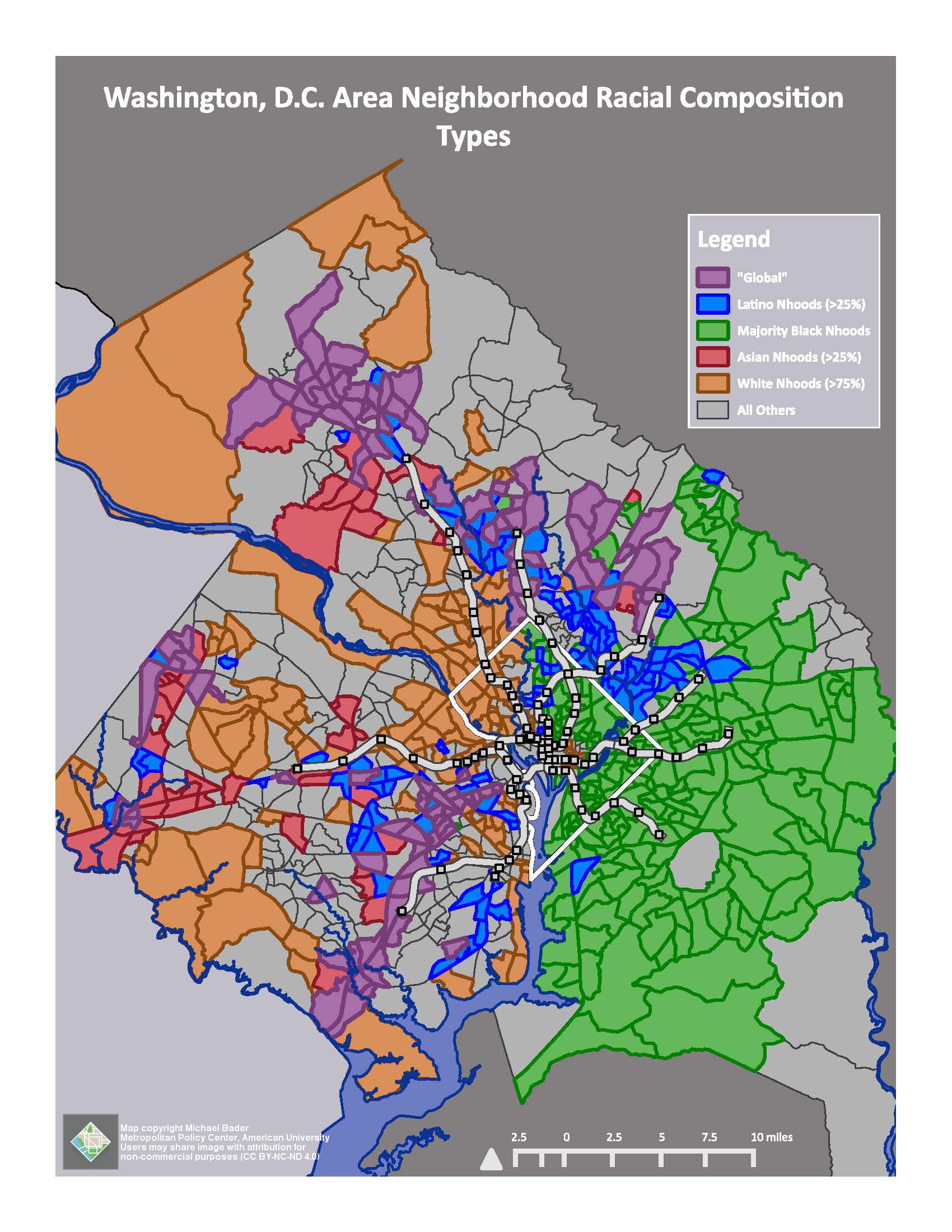Background & Significance
One feature of social change in post-Civil Rights American society is the rise of new and more complicated forms of racial integration. Research is needed to better understand the implications of this neighborhood compositional change on individual and social well-being. Latinos have become the largest minority group in the United States and Latino neighborhoods have dispersed throughout metropolitan areas. Most are now in the suburbs, a result, in part, of rising housing costs in the central city. Most research on immigrant incorporation and assimilation is based on urban ethnic enclaves, but the dispersion of Latino neighborhoods leads to questions about the applicability of that research in suburban settings. While we would expect some experiences to be similar, the spatial and organizational context of suburbs might lead neighborhood social process to evolve in unique ways.
Truly integrated "global neighborhoods" have never before existed in American history. These are neighborhoods that have a substantial proportion of Whites, Blacks, Latinos, and Asians. They are the fastest-growing type of neighborhood in American metropolitan areas and, by one measure [ http://www.s4.brown.edu/us2010/Data/Report/globalfinal2.pdf], the most common type of neighborhood racial composition. As these neighborhoods have emerged, however, we know very little about how their residents perceive the processes of change occurring in their neighborhoods. The novelty of these neighborhoods could reflect a potential future of sustained integration or, more pessimistically, give rise to racial tensions that could emerge in the 21st century. In light of these changes to the DC metropolitan landscape, we will investigate the following four research questions in this pilot study. Each will contribute to innovative academic research as well as provide useful data to residents, local governments, businesses, and non-profits in the Washington, DC area.
- How attached are residents to their neighborhoods?
- How is health related to neighborhood environments in Latino and global communities?
- How are neighborhoods associated with crime and victimization?
- To what extent do residents trust local organizations and local government?


